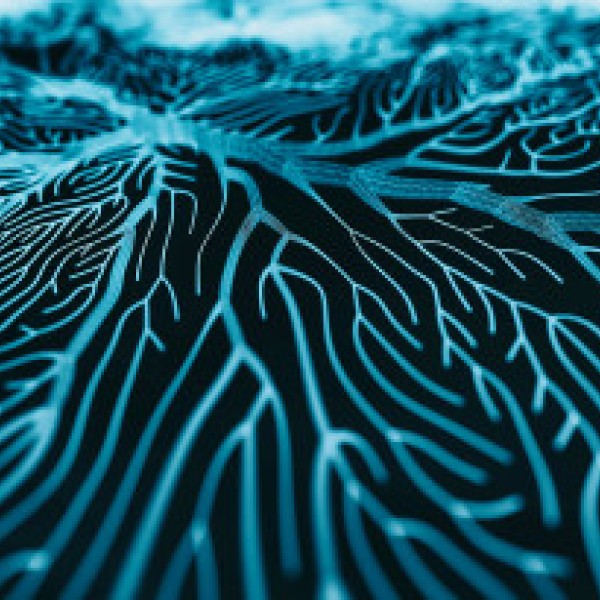More than $5.2 million in funding will support New York Sea Grant (NYSG) efforts to carry out community action and research activities to reduce plastic and other types of pollution in the state’s coastal and river waterways.
A cooperative program between Cornell and the State University of New York under NOAA’s National Sea Grant College Program, NYSG’s extension programming is administered through Cornell Cooperative Extension (CCE).
“Land-based sources of debris are impacting our shorelines and beaches, our aquatic life, and our waters,” said NYSG Associate Director Kathy Bunting-Howarth. “Some of this debris is microscopic. These microplastics and microfibers are entering our ecosystems and our bodies and impacting us in ways that we do not fully understand.”
Bunting-Howarth, also an assistant director of CCE, adds that the four projects will explore ways to prevent debris from entering our waterways, from stormwater and clothes washing, as well as test technologies to capture the debris that’s already escaped into the waters.
Mitigation of stormwater-derived debris
Christy Tyler, an environmental scientist at the Rochester Institute of Technology, will lead a team to build a community network focused on preventing and cleaning up debris that gets into the Rochester Embayment of Lake Ontario. Investigators will expand their placements of “Littatraps”—mesh baskets installed in stormwater catch basins. Local youth are a focus of the engagement efforts, which will include education, data collection, debris clean up and removal, leadership, and civic action.
K-12 community outreach
In a partner project with the New Jersey Sea Grant Consortium and Columbia University’s Eco Ambassador program, NYSG will hire fellows over the next two summers via Sea Grant's Community Engaged Internship Program.
“Plastic pollution is certainly a concern for many people in New York City,” said Lillit Genovese, an NYSG CCE specialist and Long Island Sound Study (LISS) outreach coordinator. The new fellows will work with LISS community science projects to expand marine debris and plastic pollution education and reduction in Queens and the Bronx.
Aquatic microplastic filtration device
The aim of another study is to remove aquatic microplastic debris within the Hudson River Watershed by using new aquatic filtration technology. “There’s been a lot of really interesting work by students, researchers, and community scientists to better understand how microplastics are showing up in the Hudson Estuary,” said NYSG CCE specialist Jessica Kuonen, whose work is focused in the region. If successful, the team would be validating an affordable solution to improve water quality in the region and beyond.
Microfibers and the marine environment
A fourth study zeroes in on the tiny, synthetic, environmentally harmful particles that tend to shed when we wash our clothes. “Microfibers are the most prevalent type of microplastic in the environment,” said Bunting-Howarth. “It’s exciting to be a part of a team that will be researching how to prevent these fibers from entering our waters through technology and developing a better understanding of the choices people make when doing laundry. This technology shows great promise for both commercial and residential laundry systems, one that can protect our waters from marine debris.”
This funding, supported via the Bipartisan Infrastructure Law and the Inflation Reduction Act, is part of a larger $27 million nationwide funding effort by NOAA, Sea Grant’s parent organization, to address the prevention and removal of debris in marine and Great Lakes environments.
A longer version of this article appeared on the New York Sea Grant website.





